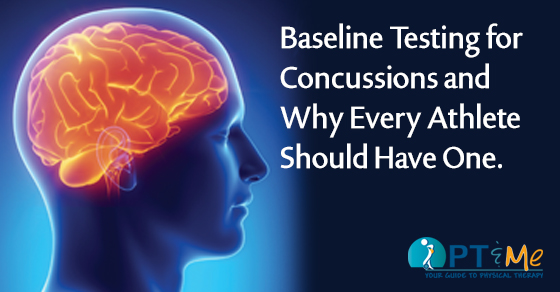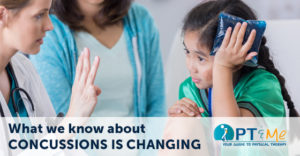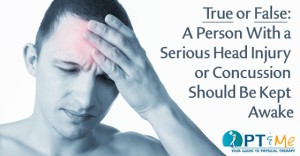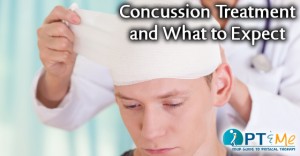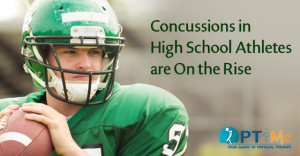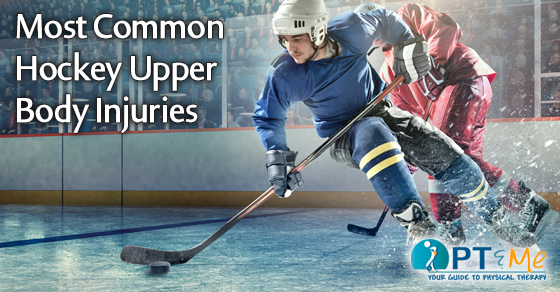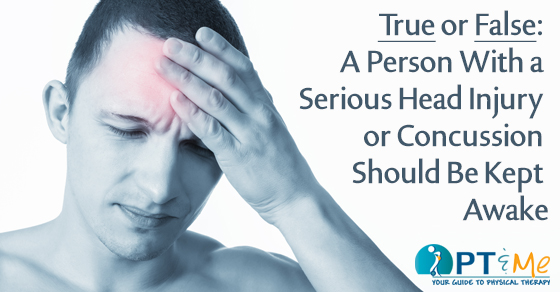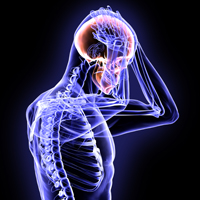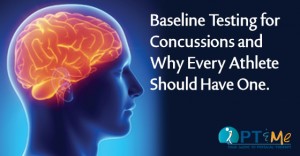Concussions are serious
Medical providers may describe a concussion as a “mild” brain injury because concussions are usually not life-threatening. Even so, the effects of a concussion can be serious.
Once an athlete has been suspected of having a concussion… when is it safe to go back to play? The answer is different for everyone, but there are few baseline tests that medical professionals can administer to make sure that a gradual return to play, work and activity is safe and won’t lead to further damage.
When an athlete has a concussion, it’s important to know how much their functional and cognitive abilities have been affected. With a baseline test you give medical professionals an accurate starting point to correctly evaluate the impact of the injury.
FAQs about Concussion Baseline Testing
Concussion baseline testing is a pre-season exam conducted by a trained health care professional. Baseline tests are used to assess an athlete’s balance and brain function (including learning and memory skills, ability to pay attention or concentrate, and how quickly he or she thinks and solve problems), as well as for the presence of any concussion symptoms. Results from baseline tests (or pre-injury tests) can be used and compared to a similar exam conducted by a health care professional during the season if an athlete has a suspected concussion.
Baseline testing generally takes place during the pre-season—ideally prior to the first practice. It is important to note that some baseline and concussion assessment tools are only suggested for use among athletes ages 10 years and older.
How is baseline testing information used if an athlete has a suspected concussion?
Results from baseline testing can be used if an athlete has a suspected concussion. Comparing post-injury test results to baseline test results can assist health care professionals in identifying the effects of the injury and making more informed return to school and play decisions.
Education should always be provided to athletes and parents if an athlete has a suspected concussion. This should include information on safely returning to school and play, tips to aid in recovery (such as rest), danger signs and when to seek immediate care, and how to help reduce an athlete’s risk for a future concussion.
What should be included as part of baseline testing?
Baseline testing should include a check for concussion symptoms, as well as balance and cognitive (such as concentration and memory) assessments. Computerized or paper-pencil neuropsychological tests may be included as a piece of an overall baseline test to assess an athlete’s concentration, memory, and reaction time.
During the baseline pre-season test, health care professionals should also assess for a prior history of concussion (including symptoms experienced and length of recovery from the injury). It is also important to record other medical conditions that could impact recovery after concussion, such as a history of migraines, depression, mood disorders, or anxiety, as well as learning disabilities and Attention-Deficit/Hyperactivity Disorder.
Baseline testing also provides an important opportunity to educate athletes and others about concussion and return to school and play protocol.
Who should administer baseline tests?
Baseline tests should only be conducted by a trained health care professional such as a physician, physical therapist or trained ATC.
Who should interpret baseline tests?
Only a trained health care professional with experience in concussion management should interpret the results of a baseline exam. When possible, ideally a neuropsychologist should interpret the computerized or paper-pencil neuropsychological test components of a baseline exam. Results of neuropsychological tests should not be used as a stand-alone diagnostic tool, but should serve as one component used by health care professionals to make a return to school and play decisions.
How often should an athlete undergo concussion baseline testing?
If baseline testing is used, research suggests that most components of baseline testing be repeated annually to establish a valid test result for comparison. Baseline computerized or paper-pencil neuropsychological tests may be repeated every 2 years. However, more frequent neuropsychological testing may be needed if an athlete has sustained a concussion or if the athlete has a medical condition that could affect the results of the test.
Many physical therapy clinics have therapists that have been trained in baseline testing software and techniques. Physical therapists can also specialize in return to sports programs for athletes that have experienced concussions. The decision of when you go back to your sport can be a critical one… especially if you go back to soon. Prevent this by having an accurate baseline available for your healthcare professionals.
Need Physical Therapy? Find a PT Near You!
more information can be found at http://www.cdc.gov/headsup/
Additional articles from PTandMe about concussions can be found here:

